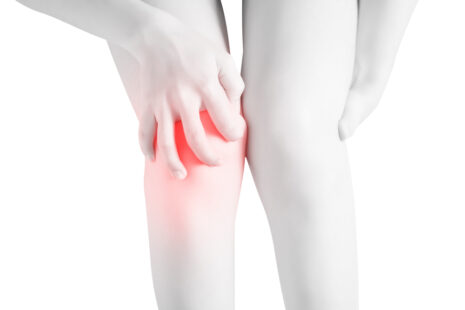A pinched nerve in the neck, also known as cervical radiculopathy, can cause various symptoms that may vary from person to person. The severity and location of the pinched nerve can also influence the specific sensations experienced.
Common symptoms of a pinched nerve in the neck include…
- Neck Pain – Pain in the neck itself is a common symptom of a pinched nerve. The pain may be sharp, burning, or radiating.
- Radiating Pain – The pain may extend from the neck into the shoulder, arm, and even the hand on the affected side. The pain typically follows a specific nerve pathway, and it may be described as shooting or electric-like.
- Numbness and Tingling – People with a pinched nerve may experience numbness or tingling sensations in the affected arm or hand. The numbness and tingling often follow the same pathway as the pain.
- Weakness – Muscle weakness in the affected arm or hand may occur due to the nerve’s inability to properly transmit signals to the muscles.
- Loss of Reflexes – Deep tendon reflexes in the affected arm may be diminished or absent.
- Worsening Symptoms with Neck Movement – Certain neck movements, such as turning the head or looking up or down, can exacerbate the pain or other symptoms.
- Pins and Needles Sensation – Some people may describe a feeling of pins and needles or a sensation of “falling asleep” in the affected arm.
- Muscle Spasms – Muscle spasms in the neck and shoulder area may occur as the body’s response to the nerve irritation.
Note that not all neck pain or arm symptoms are due to a pinched nerve in the neck. Other conditions, such as muscle strains, herniated discs, and joint problems, can cause similar symptoms. If you experience persistent or severe neck pain, arm pain, or any of the above symptoms, it’s necessary to seek medical evaluation for an accurate diagnosis and appropriate treatment.
A healthcare professional, such as a physician or physical therapist, can conduct a thorough examination, including imaging tests if necessary, to identify the cause of your symptoms and recommend the most suitable treatment plan for your specific condition.




